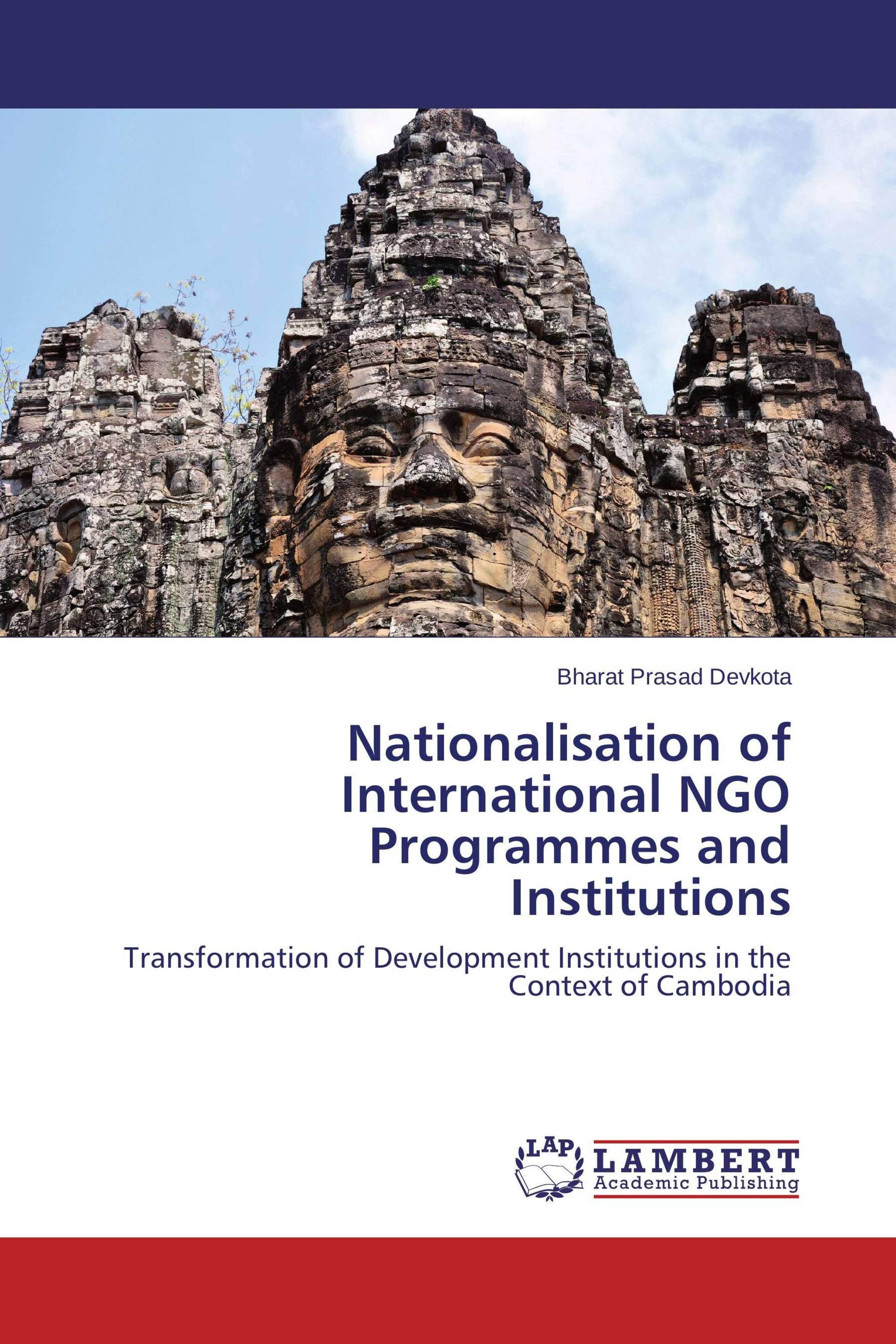Nationalisation of International NGO Programmes and Institutions
Transformation of Development Institutions in the Context of Cambodia
€ 104,90
Nationalisation process covers three distinct phases: indigenisation of management positions, institutional development and capacity building, and complete handover of ownership. National staff often consider nationalisation as a negative step as it brings uncertainty for viability of the organisation. INGOs perceive nationalisation as a developmental step for enhancing local ownership, participation and capacity, and moving from direct implementation to partnership. However, they also view this as a convenient way of phasing out their involvement motivated by a lack of funding. Donors consider nationalisation as a more cost-effective development approach that provides a direct link with local organisations. Considerable effort is usually focused on creating a new national organisation but inadequate attention is paid to developing a post-nationalisation strategy. Often INGOs embrace nationalisation when they run out of funding. Genuine nationalisation occurs when there is a clear intent to devolve programmes backed by enhancing the local capacity, a clear institutional framework, and an authentic partnership between parent and nationalised NGOs after the institutional separation.
Book Details: |
|
|
ISBN-13: |
978-3-659-49847-3 |
|
ISBN-10: |
3659498475 |
|
EAN: |
9783659498473 |
|
Book language: |
English |
|
By (author) : |
Bharat Prasad Devkota |
|
Number of pages: |
516 |
|
Published on: |
2014-01-05 |
|
Category: |
Management |
